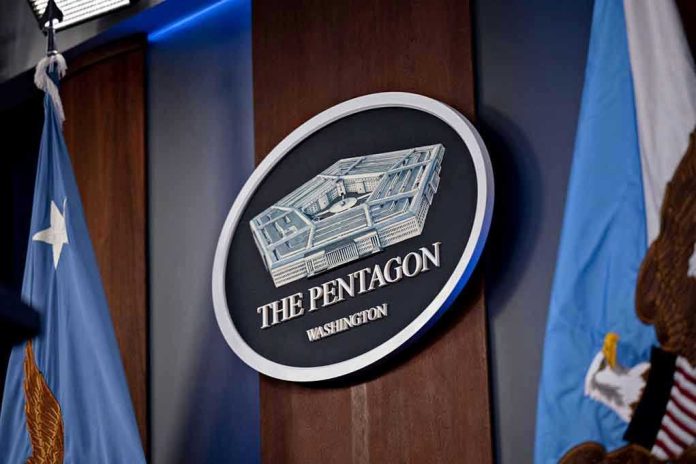
The United States military has killed at least 70 people in just two months through a unprecedented campaign of lethal strikes against suspected drug vessels, fundamentally transforming America’s war on drugs from interdiction to elimination.
Story Overview
- US conducted its 17th lethal strike on November 7, 2025, killing three alleged narco-terrorists aboard a Caribbean vessel
- At least 70 people have died in vessel strikes since September 2025, marking the most aggressive anti-drug military campaign in decades
- Defense Secretary Pete Hegseth vows strikes will continue until drug trafficking into America stops completely
- Operations represent first US airstrikes in Central/South America since the 1989 Panama invasion
A New War Doctrine Emerges
Defense Secretary Pete Hegseth’s announcement of the 17th lethal strike on November 7 carried a chilling message for drug cartels: “Vessel strikes on narco-terrorists will continue until their poisoning of the American people stops.” This represents a seismic shift from traditional interdiction tactics to what amounts to a shoot-to-kill policy in international waters. The military campaign launched just two months ago has already claimed more lives than most counter-narcotics operations spanning entire years.
The Trump administration frames these strikes as essential deterrence against organizations like Tren de Aragua, designated as narco-terrorist groups. Unlike previous administrations that relied primarily on Coast Guard seizures and arrests, this approach eliminates targets before drugs reach American shores. The strategy reflects a fundamental belief that conventional law enforcement has failed to stem the tide of fentanyl and cocaine poisoning American communities.
International Waters Become Battlegrounds
These operations occur in international waters throughout the Caribbean, creating unprecedented legal and diplomatic complexities. The last time America conducted airstrikes in Central or South America was during the 1989 Panama invasion, making this campaign historically significant. Regional partners like Colombia and France continue collaborative seizure operations, recently confiscating over seven tons of cocaine, but the unilateral American strikes represent a different level of military engagement.
Colombian President Gustavo Petro’s response illustrates the delicate balance regional allies must maintain. While praising joint seizure operations that result in arrests rather than deaths, Colombia walks a tightrope between supporting American anti-drug efforts and maintaining sovereignty over regional security decisions. The tension reflects broader concerns about American military action in international waters without explicit regional consent.
Effectiveness Versus Escalation Concerns
Military veterans involved in the operations emphasize that warnings are issued before strikes, attempting to minimize civilian casualties. Former military personnel like Luis Quiñonez defend the protocols as necessary given the armed and dangerous nature of trafficking vessels. However, the rapid pace of seventeen strikes in two months raises questions about the thoroughness of target identification and verification processes.
The campaign’s long-term implications remain unclear. While disrupting trafficking routes and eliminating cartel personnel, the strikes could provoke retaliatory violence against American interests or innocent civilians. Security analysts note that militarizing anti-drug operations risks escalating conflicts with sophisticated criminal organizations that possess significant firepower and international reach. The secret target lists distributed to Senate Republicans suggest this campaign will expand rather than contract.
Sources:
US conducts 17th lethal strike against alleged drug boat – WBAL
US conducts 17th lethal strike against alleged drug boat – ABC News
2025 United States military strikes on alleged drug traffickers – Wikipedia

